AC pressure sensors
-
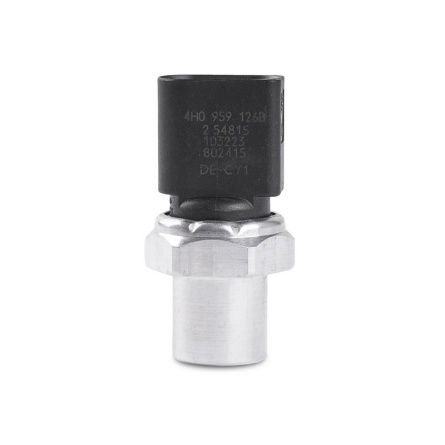
AC Pressure Sensor
Volkswagen4H0959126£32.75 £27.29 -
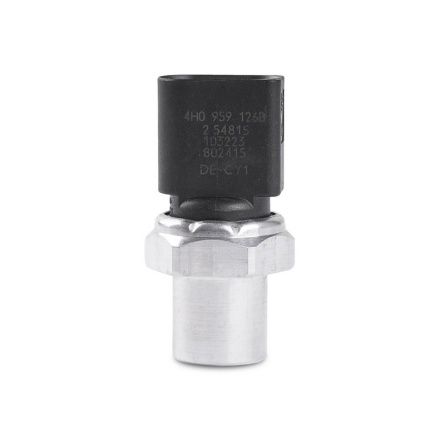
AC Pressure Sensor
Volkswagen4H0959126A£32.75 £27.29 -
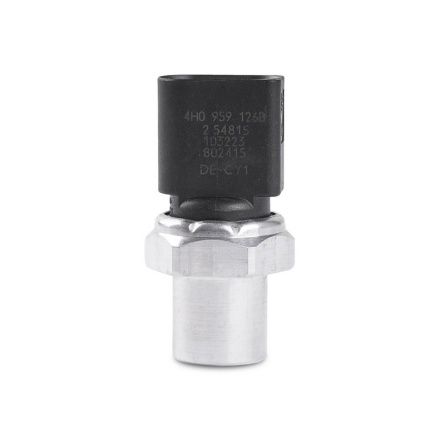
AC Pressure Sensor
Volkswagen4H0959126B£32.75 £27.29 -
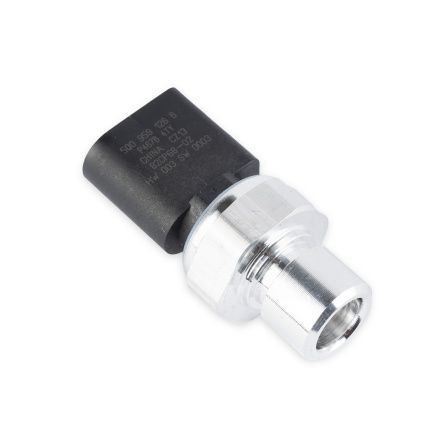
AC Pressure Sensor
Volkswagen5Q0959126A£28.66 £23.88 -
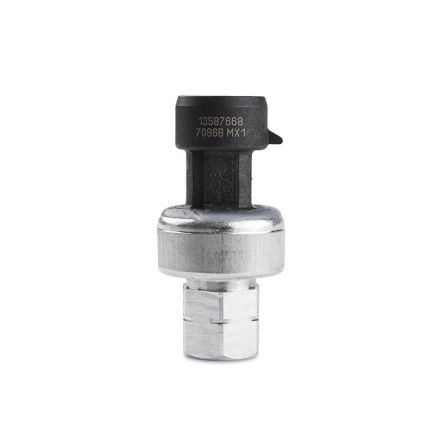
AC Pressure Sensor
General Motors22678731£32.75 £27.29 -
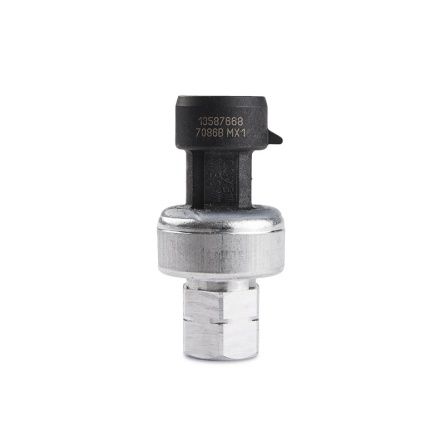
AC Pressure Sensor
General Motors13502759£32.75 £27.29 -
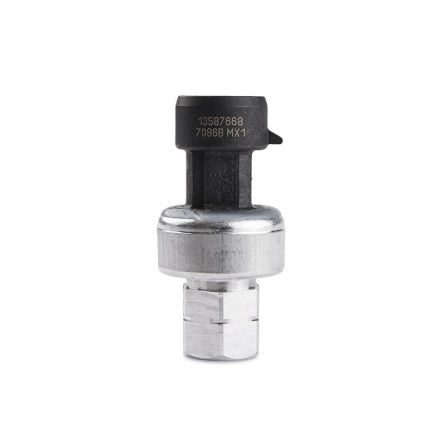
AC Pressure Sensor
General Motors13587668£32.75 £27.29 -
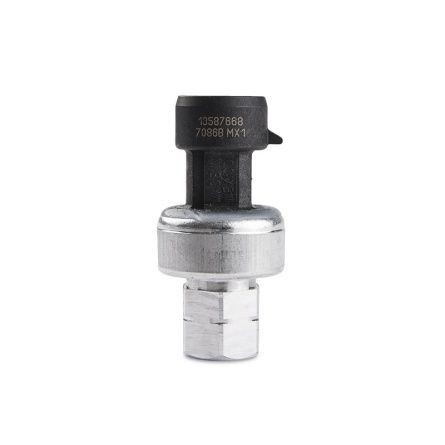
AC Pressure Sensor
General Motors51768498£32.75 £27.29 -
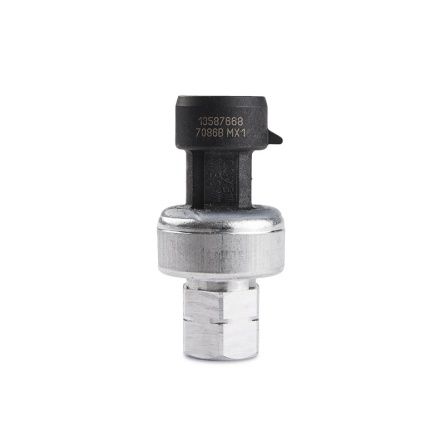
AC Pressure Sensor
General Motors9131721£32.75 £27.29 -
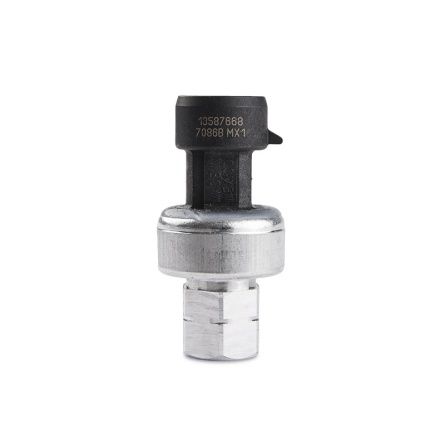
AC Pressure Sensor
General Motors22664328£32.75 £27.29 -
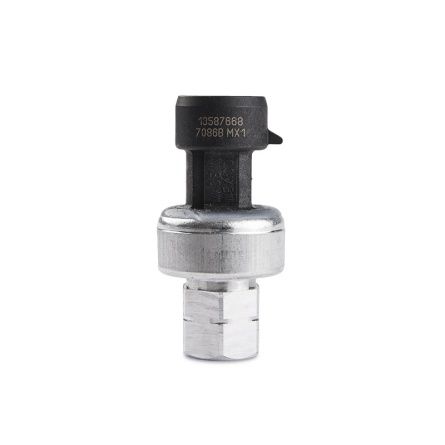
AC Pressure Sensor
Renault7700417506£32.75 £27.29 -
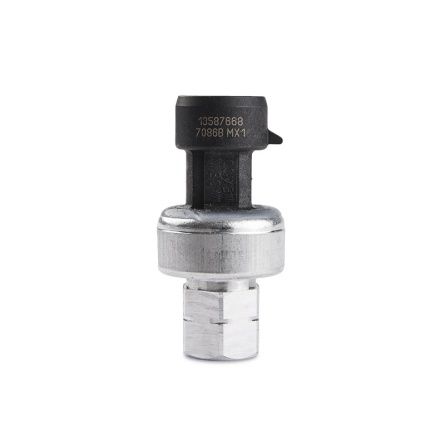
AC Pressure Sensor
Renault7701205751£32.75 £27.29 -
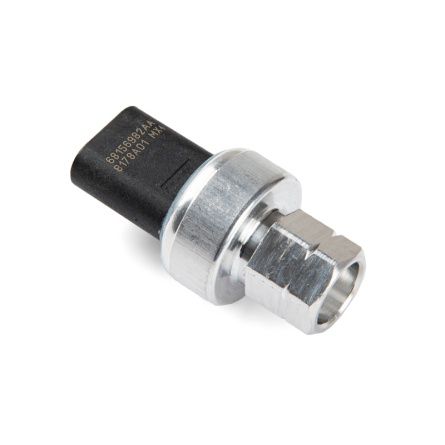
AC Pressure Sensor
General Motors68156982AA£24.56 £20.47 -
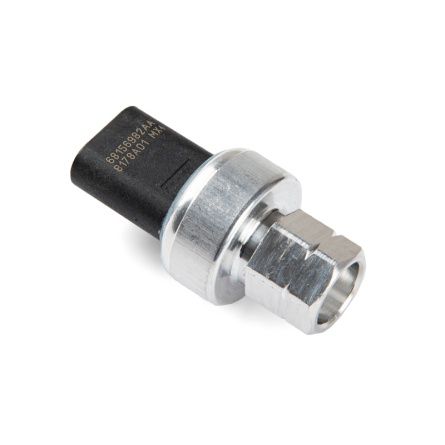
AC Pressure Sensor
General Motors68141376AB£24.56 £20.47 -
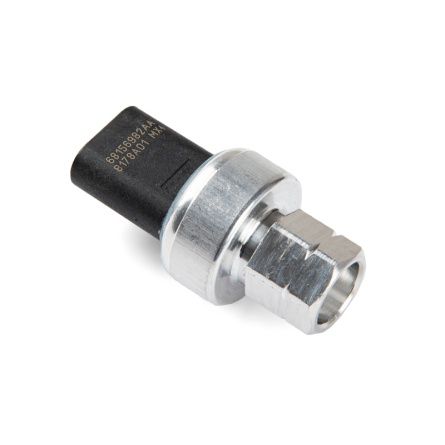
AC Pressure Sensor
General Motors68141376AA£24.56 £20.47 -
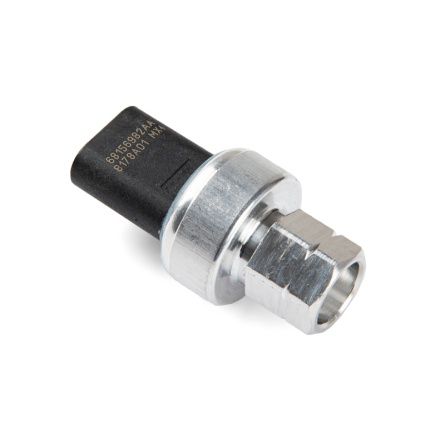
AC Pressure Sensor
General Motors68308727AA£24.56 £20.47 -
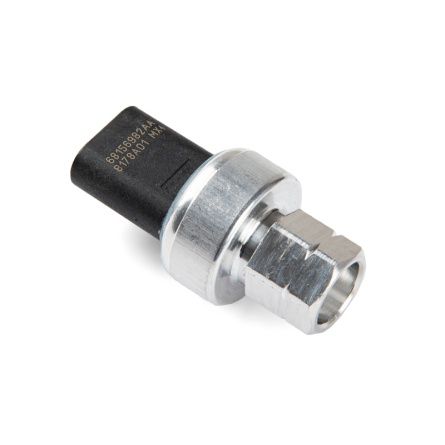
AC Pressure Sensor
General Motors68083824AA£24.56 £20.47 -
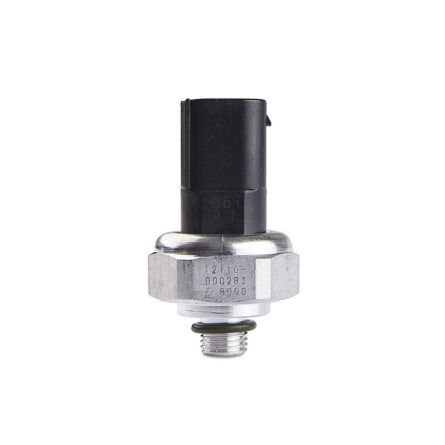
AC Pressure Sensor
MercedesA2205420118£28.66 £23.88 -
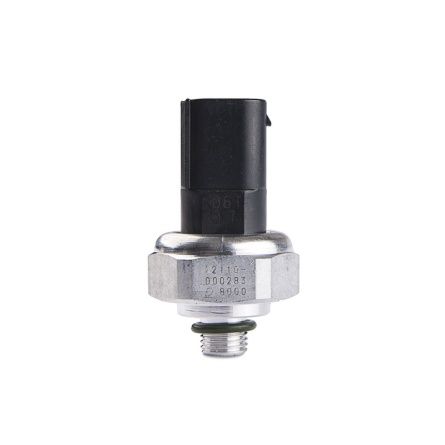
AC Pressure Sensor
MercedesA2110000283£28.66 £23.88 -
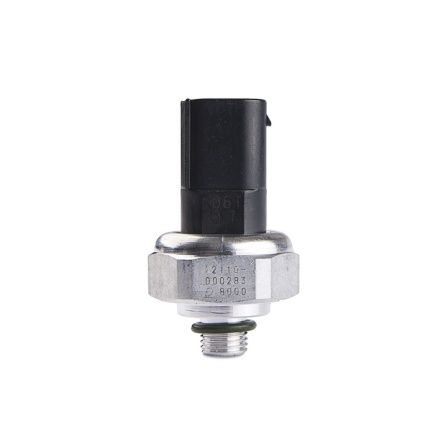
AC Pressure Sensor
MercedesA0045429018£28.66 £23.88 -
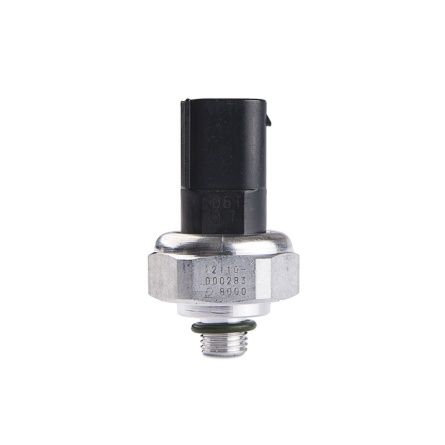
AC Pressure Sensor
Volkswagen2E0907271D£28.66 £23.88 -
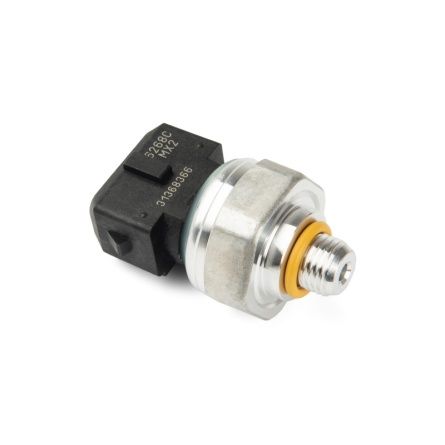
AC Pressure Sensor
Volvo31368366£32.75 £27.29 -
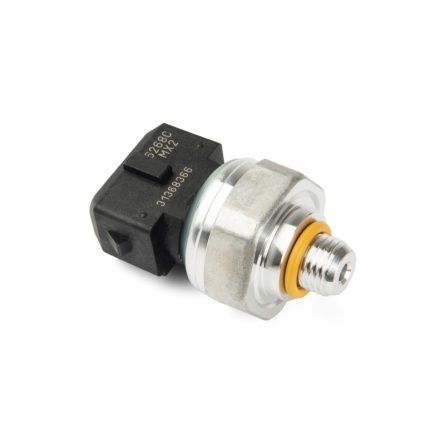
AC Pressure Sensor
Volvo30611211£32.75 £27.29 -
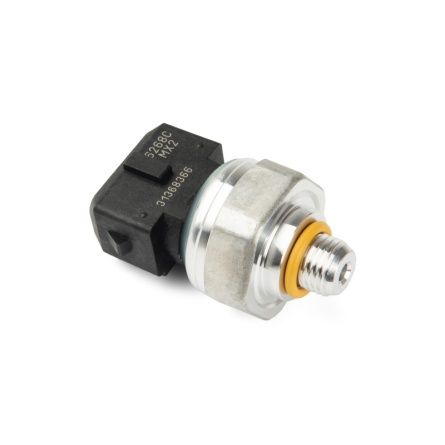
AC Pressure Sensor
Volvo30899051£32.75 £27.29 -
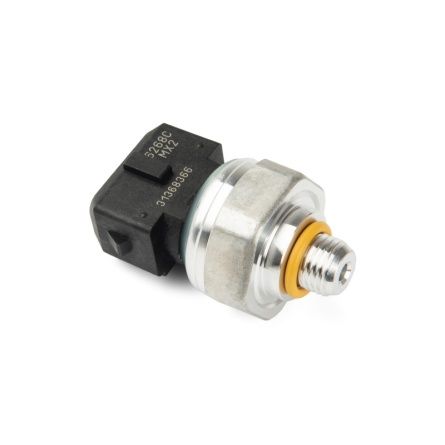
AC Pressure Sensor
Volvo9171343£32.75 £27.29 -
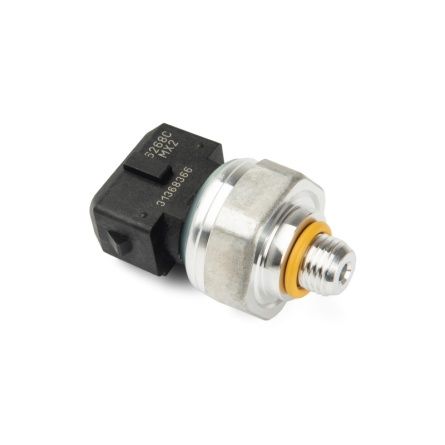
AC Pressure Sensor
Volvo8623270£32.75 £27.29 -
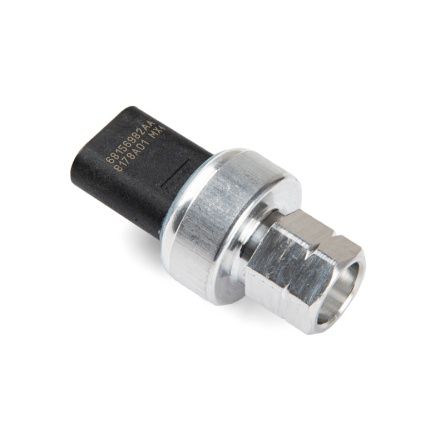
AC Pressure Sensor
General Motors68353124AA£24.56 £20.47 -
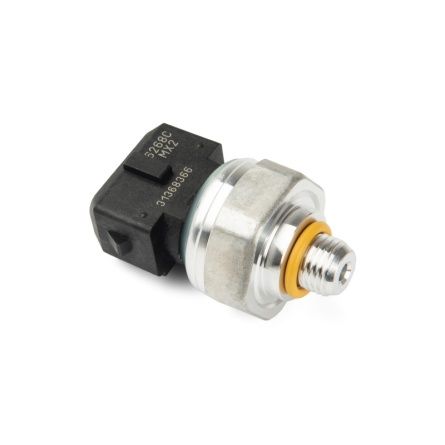
AC Pressure Sensor
Volvo32138713£32.75 £27.29 -
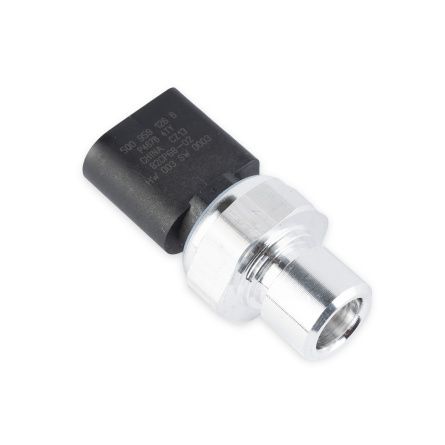
AC Pressure Sensor
Volkswagen5Q0959126B£28.66 £23.88
AC pressure sensors
In the world of modern automotive and HVAC technology, the ac pressure sensor plays a crucial role in maintaining optimal system performance and reliability. These intelligent components continuously monitor the pressure within the air conditioning circuit, ensuring that both efficiency and safety are preserved under all operating conditions. By providing real-time data to the control unit, the ac pressure sensor enables precise regulation of compressor operation, prevents damage caused by overpressure or refrigerant loss, and contributes to consistent cabin comfort. In essence, it acts as the silent guardian of cooling performance—protecting system components, improving energy efficiency, and ensuring a smooth, comfortable driving or operating experience in every climate.
Understanding AC Pressure Sensors
AC pressure sensors, also known as air con pressure switch devices or transducers, are precision electronic components designed to measure the refrigerant pressure within a vehicle’s or HVAC system’s air conditioning circuit. Their main function is to provide continuous feedback to the system’s control unit, ensuring that the compressor operates within a safe and efficient pressure range.
By monitoring both the high-pressure and low-pressure sides of the AC system, these sensors help maintain the delicate balance required for effective cooling performance. When the pressure becomes too high, the sensor signals the control unit to temporarily shut down the compressor to prevent potential damage or refrigerant leaks. Conversely, if the pressure drops too low, the sensor ensures that the compressor is disengaged to avoid running dry and causing internal wear. Without this precise regulation, the air conditioning system would quickly lose efficiency and reliability, resulting in uncomfortable cabin conditions and costly mechanical issues.
Types of Air Con Pressure Switches
There are several types of air con pressure switch and sensor designs used in modern air conditioning systems, each serving specific functions and designed for different applications. While their main purpose remains the same—to monitor refrigerant pressure and maintain system efficiency—their construction and technology vary significantly depending on the system’s complexity and vehicle type.
Mechanical pressure switches are the most traditional form of AC pressure sensors. They operate through a simple diaphragm or spring mechanism that reacts to pressure changes within the refrigerant circuit. When the pressure reaches a set limit, the switch either opens or closes an electrical circuit to control the compressor. Although these sensors are durable and inexpensive, they provide only basic on/off control and do not offer continuous data readings. They are most often used in older or less sophisticated systems where simplicity and cost efficiency are priorities.
Analog pressure transducers represent the next step in sensor development. Unlike mechanical switches, they generate an electrical signal—typically voltage or resistance—that varies in proportion to the pressure level. This continuous feedback allows the control unit to make real-time adjustments to the compressor’s operation, resulting in smoother performance and better energy efficiency. Analog sensors are particularly valued for their balance between precision and affordability, making them popular in many modern vehicles.
Digital pressure sensors are the most advanced type, offering high accuracy and fast data transmission. They measure refrigerant pressure electronically and communicate with the vehicle’s control system through digital networks such as CAN bus or LIN. This enables precise control of compressor operation, better coordination with other systems like climate control and engine management, and improved diagnostic capabilities. Digital sensors are now common in vehicles with automatic climate control, as well as in hybrid and electric models that require highly efficient and integrated systems.
The choice between these sensor types depends on the system’s design requirements, desired level of precision, and budget. Mechanical sensors suit simpler configurations, analog transducers serve as a versatile middle ground, and digital sensors provide top-tier accuracy and integration. Regardless of the type, each AC pressure sensor plays a vital role in ensuring that the air conditioning system operates reliably, efficiently, and safely under all conditions.
Signs of a Faulty AC Pressure Sensor
A malfunctioning AC pressure sensor can cause a range of noticeable symptoms that affect both the performance and reliability of the air conditioning system. Since this component is responsible for monitoring refrigerant pressure and communicating with the control unit, any fault in its operation can disrupt the entire cooling process.
One of the most common symptoms is inconsistent cooling performance. The air conditioning system may blow warm air, cycle on and off unexpectedly, or fail to engage the compressor altogether. This occurs because the control unit receives inaccurate pressure readings and either prevents the compressor from running or allows it to operate outside its optimal range.
Another typical sign of a faulty sensor is the activation of the air conditioning warning light or a related fault code stored in the vehicle’s diagnostic system. In modern vehicles, the sensor communicates directly with the electronic control module, so any irregular signal or loss of communication triggers a diagnostic alert. Drivers may also experience the compressor clutch failing to engage, which completely disables the cooling function.
In some cases, the sensor may cause the compressor to overwork due to incorrect pressure data, leading to increased wear and potential overheating. This not only reduces system efficiency but can also result in compressor damage, refrigerant leaks, or failure of other components such as hoses and valves. Fluctuating air temperatures inside the cabin and higher fuel consumption caused by the compressor running inefficiently are additional warning signs.
Ultimately, a defective pressure sensor compromises the entire air conditioning system’s performance and safety. Without accurate pressure monitoring, the system cannot maintain the correct refrigerant balance or protect itself from overpressure and low-pressure conditions. Prompt diagnosis and replacement of a failing sensor are therefore essential to restore efficient cooling, protect vital components, and ensure reliable climate control in all driving conditions.
Choosing the Right AC Pressure Sensor
Selecting the right AC pressure sensor is essential for maintaining the performance, safety, and longevity of the entire air conditioning system. Since each vehicle or HVAC setup has unique technical requirements, several factors must be carefully considered before making a purchase.
The first and most important aspect is compatibility. Every vehicle model or AC system is designed to operate within specific pressure parameters, and using an incorrect sensor can lead to inaccurate readings or system malfunction. It is always recommended to check the original equipment (OE) number or the manufacturer’s specifications to ensure a perfect match. Compatibility also extends to electrical connections and thread types, as even minor differences in connector design or fitting dimensions can prevent proper installation or cause leaks.
Another crucial factor is quality. Opting for high-quality sensors from reputable manufacturers helps ensure reliable operation under demanding conditions. Premium sensors are built from durable materials that resist corrosion and temperature extremes, providing long-term stability and consistent performance. Cheap alternatives may initially appear cost-effective, but they often fail prematurely, leading to costly repairs or compressor damage. Choosing sensors that meet or exceed OEM standards is the safest approach, especially for vehicles with advanced climate control systems.
Reliability plays a decisive role in everyday operation. A reliable sensor guarantees accurate readings across the full pressure range, allowing the control unit to manage the compressor efficiently and protect against overpressure or low-pressure scenarios. Sensors from trusted brands usually undergo rigorous testing for accuracy, vibration resistance, and sealing integrity, ensuring dependable performance even under fluctuating environmental conditions.
It is also worth considering the type of system when selecting a sensor. Basic systems may perform well with analog sensors, while vehicles equipped with automatic or dual-zone climate control benefit from advanced digital sensors that communicate directly with the control unit. In hybrid and electric vehicles, where energy management and efficiency are critical, only sensors designed for high-precision data transmission and integration should be used. The right choice guarantees proper cooling performance, extended compressor life, and consistent comfort in all conditions.